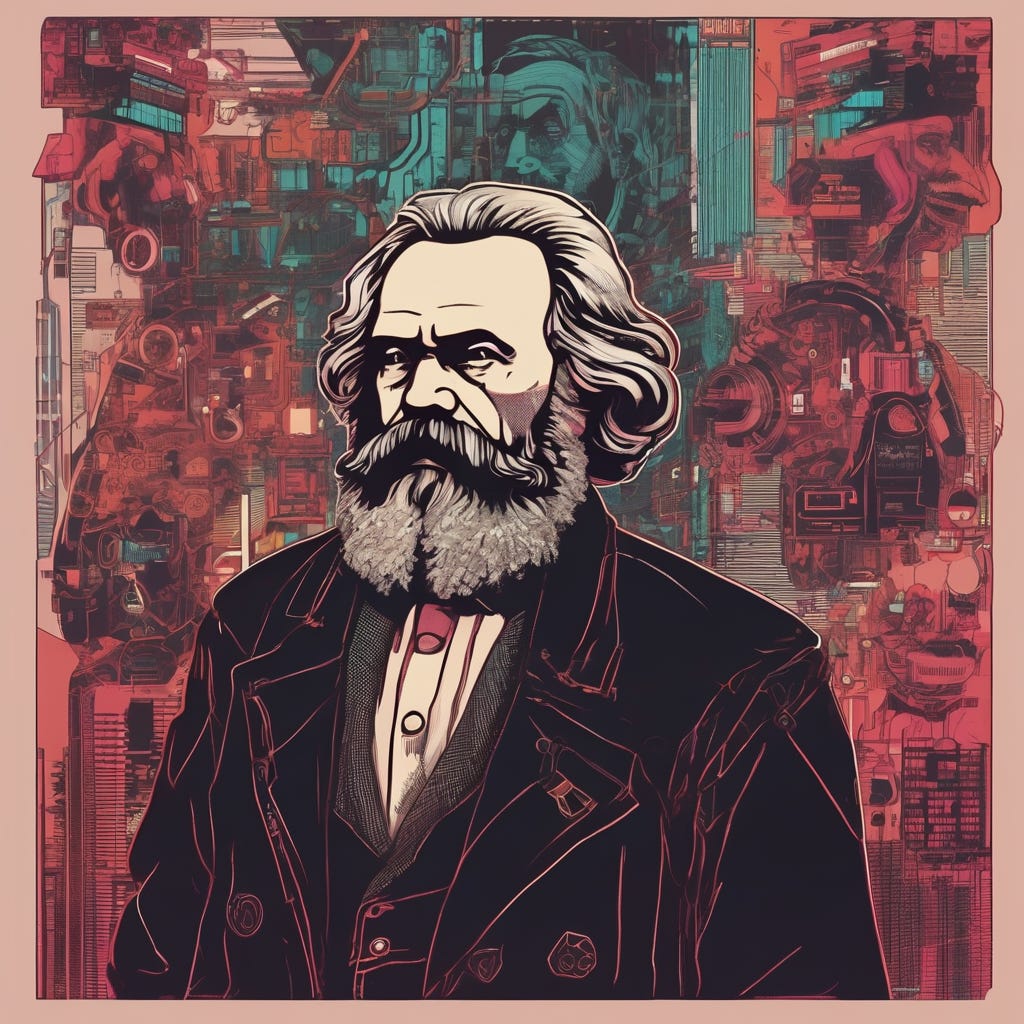On Historical Farces
The Cycles of Culture, Politics, Finance, and Technology
There is no present or future - only the past, happening over and over again. - Eugene O’Neill
Karl Marx famously declared that history repeats itself, “first as tragedy, then as farce.” In this simple but profound statement lies a lens through which we can understand the seemingly chaotic world around us. The once-serious movements and innovations that…


